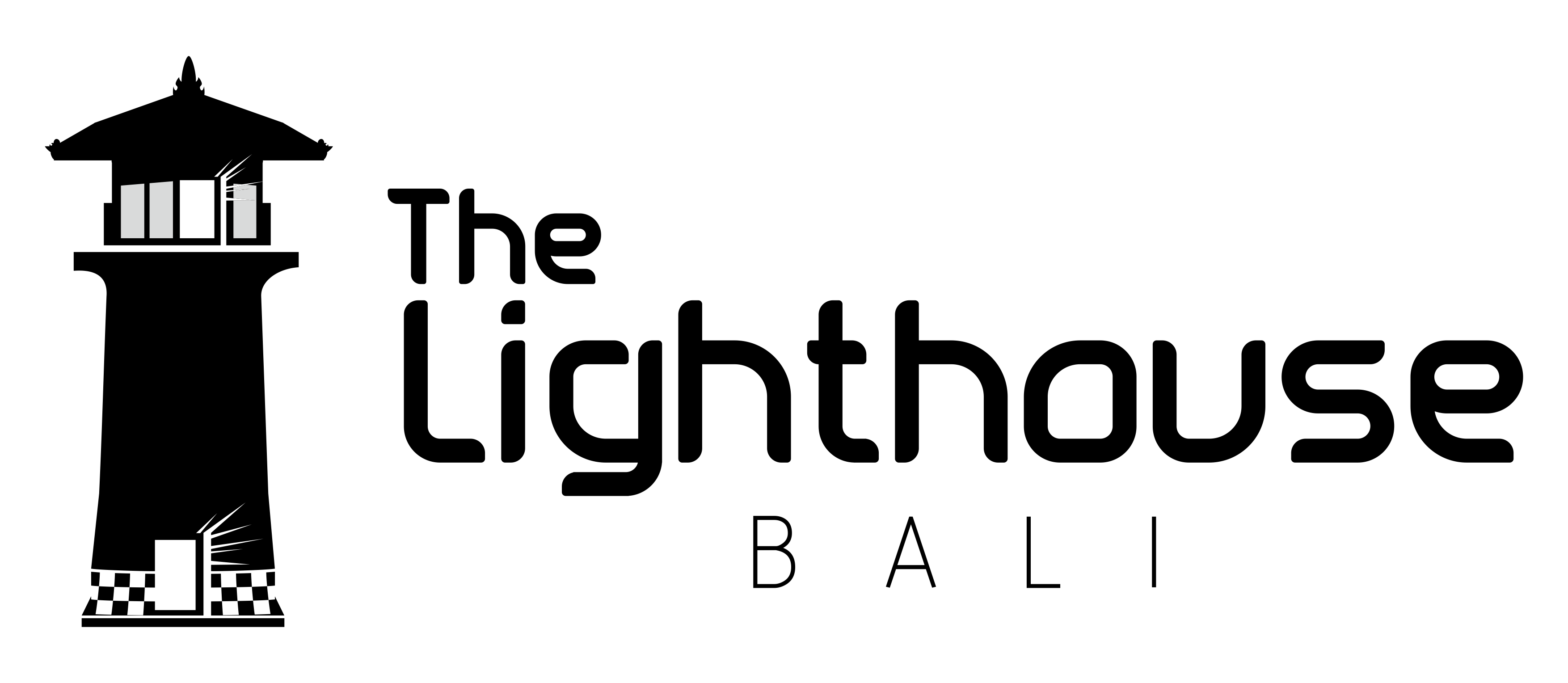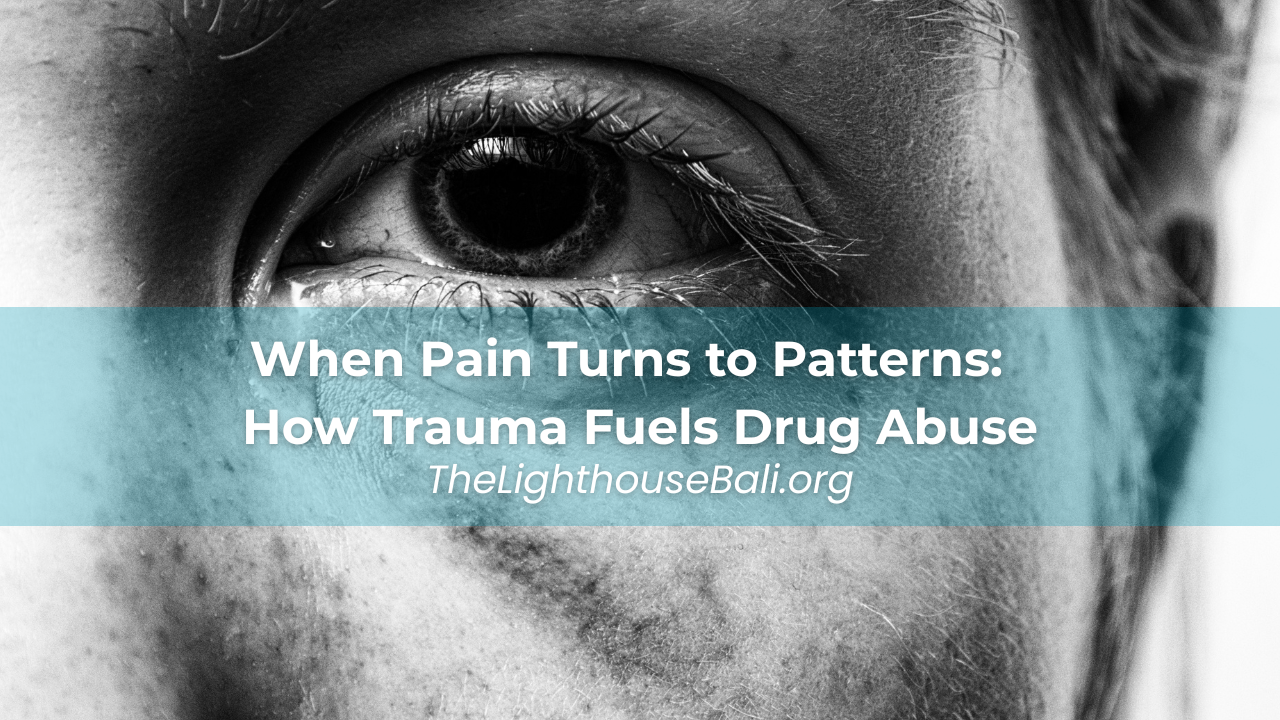When Pain Turns to Patterns
Trauma, which some experts describe as a deeply ingrained pattern of responses that shape our lives, profoundly impacting our emotional and physical well-being, has a way of following us into every corner of our lives.
Unresolved emotional pain often manifests in destructive or compulsive behavior patterns.
For many, this can lead to drug abuse, a harmful coping mechanism that perpetuates the cycle of painful memories and unhealed emotional wounds. Recognizing this destructive cycle is the first step towards a healthier, drug-free life.
How We Can Help
At The Lighthouse Bali, we understand the transformative power of treating both trauma and drug addiction together.
Over the years, we’ve witnessed firsthand how our holistic approach to trauma and addiction recovery can lead our clients to long-term healing and transformation, offering hope for a brighter, more promising future for individuals and families.
This article explores the connection between trauma and drug abuse, shedding light on how unresolved trauma can fuel addiction.
Our goal is to guide you towards the help and support you deserve, empowering you to break free from the grip of drug abuse and rebuild your life in a healthier, more meaningful way.
To learn more about our substance abuse recovery programs, contact a specialist at The Lighthouse Bali today, who will gladly offer the support and information you need to begin your journey to recovery.
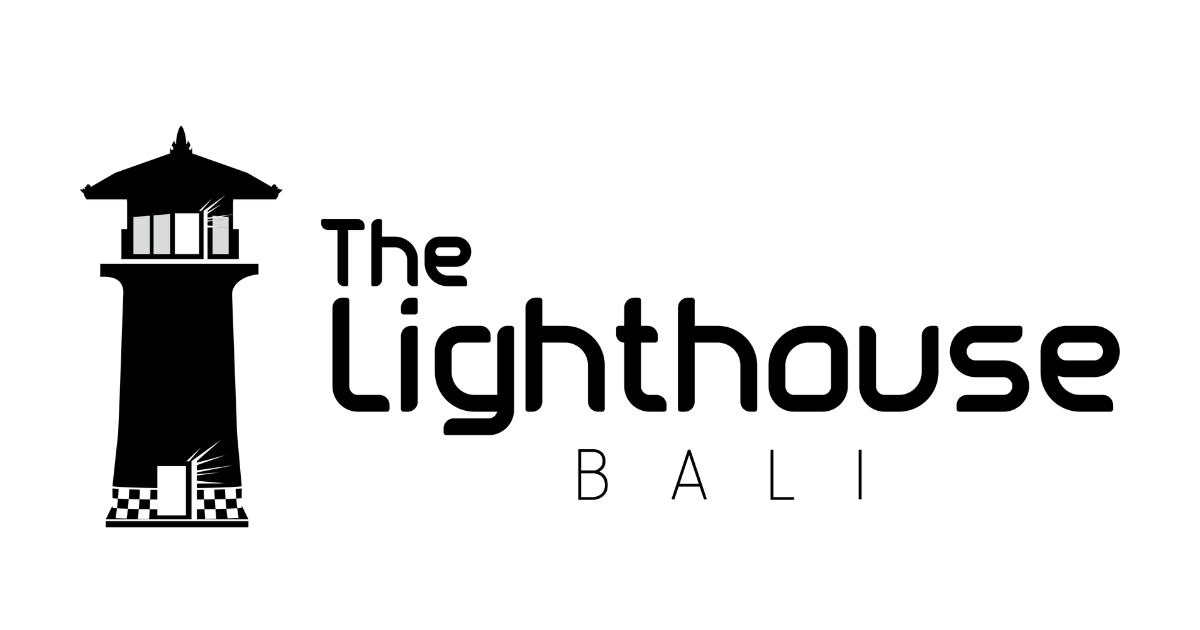
How Trauma Fuels Drug Abuse
Trauma profoundly affects the brain and body.
Whether you experienced childhood neglect or abuse, or you endured adult experiences of adversity such as a betrayal, loss, or a single overwhelming event, trauma can leave lasting imprints on how you learn to cope with stress and emotions.
For many, substances like drugs can often become a way to:
- Escape from painful memories or emotions such as anger, fear, or shame.
- Numb difficult memories that are too painful or overwhelming to think about.
- Experience temporary relief, allowing the individual to feel more confident or in control of situations that would usually cause discomfort or overwhelm.
It’s important to note that while substance abuse usually begins as a way to find relief, more often than not, this pattern can lead to dependence, where the individual struggles to quit or control their substance use.
A key thing to remember here is that addiction, no matter the type, is rarely about the substance alone; it’s about what the drug is covering up, which, in many cases, is usually some form of unresolved trauma.
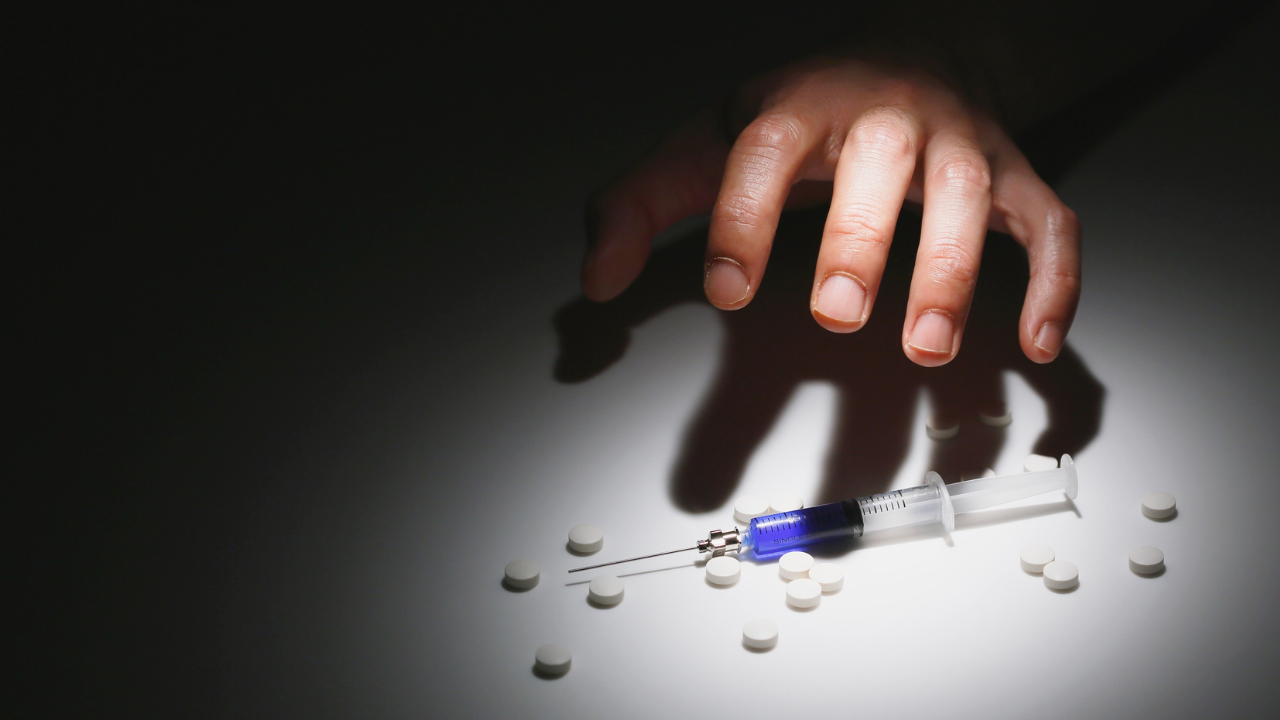
Common Patterns We See
At The Lighthouse Bali, we see various patterns that individuals exhibit in treatment. For instance, those grappling with addiction and trauma often describe the following when talking about their struggles:
- Hyperarousal or anxiety – Many report feeling “constantly on edge” or nervous and often turn to drugs to help them calm down or as a way to regulate these feelings.
- Avoidance patterns – This is a common theme we see in clients, where many avoid or steer away from painful thoughts or memories through substances like drugs.
- Repetition of harm – Some individuals may gravitate toward unhealthy relationships or risky behaviors associated with early trauma.
- Disconnection – When something feels too distressing or overwhelming, an individual may turn to drugs like alcohol, benzos, ketamine or heroin to help them feel numb or detached. Some may even abuse drugs in a bid to create a false sense of connection to others and themselves.
These patterns are not a sign of personal failure or weakness; they are survival strategies that your brain and nervous system developed a long time ago to help you cope with something difficult or traumatic.
That said, these behaviors are likely no longer serving you, so it’s crucial you understand this and seek professional help and treatment before the situation escalates.
Why Treating Trauma and Addiction Together Matters
We’ve mentioned this in previous articles, but it’s worth repeating that treating trauma and addiction together is crucial for individuals to achieve long-lasting sobriety and healing.
All too often, addiction treatment focuses only on symptom management or on stopping the substance use, which, of course, is an integral aspect of recovery, but treating addiction alone is not enough.
For instance, if trauma remains unaddressed, the individual is far more likely to relapse further down the line.
At The Lighthouse Bali, our substance abuse recovery programs consider the “whole” person, including their symptoms, medical history, values, preferences, and lived experience.
By bringing all these aspects together, we can create a personalized recovery program that meets the individual’s specific needs and preferences, rather than adopting a one-size-fits-all approach, which rarely works.
Although each person’s program will be different, clients can typically expect the following from our drug addiction treatment program in Bali:
Medical Detox
Medical detox is usually the first step in drug addiction treatment, where your body goes through a process of detox to eliminate any substances or toxins from your body.
Our multidisciplinary team offers a safe and medically supervised detox program at our treatment centre in Bali, helping to prepare clients for the next stage of their treatment.
Trauma-Informed Treatment
Once the person completes detox, they often go to the next stage of treatment, which is to explore and address any underlying trauma or other mental health challenges that may cause or worsen substance use.
The trauma-informed approaches we use at The Lighthouse Bali include EMDR (eye movement desensitization and reprocessing), CBT, and schema therapy, to help you reprocess traumatic experiences in a safe and empowering way.
By gently working through past experiences in a safe and supportive setting, you can reprocess traumatic events so that they can be stored correctly in the body and nervous system, allowing you to think about your past without becoming
distressed or engaging in unhealthy coping patterns.

Our 28-Day Trauma Intensive Program
We offer a 28-day trauma intensive program, following the client’s addiction treatment, integrating various therapies and experiential approaches to help you achieve lasting recovery from the effects of trauma, such as:
- Expert-led integrative trauma therapy from our experienced team of professionals.
- Nervous system regulation sessions to help recalibrate your nervous system and improve emotional regulation.
- Therapeutic massage to help restore flow and balance to the mind and body.
- A choice of experiential approaches to help you reconnect with your body in a safe, empowering way, including breathwork, Reiki, sound healing, Qigong, and art therapy, to name just a few.
- Weekend activities, such as mountain biking, snorkeling, and spa pampering, are not just for leisure. These activities can help you engage in hobbies and activities you once enjoyed but may have stopped or forgotten due to months or years of substance use. They also provide a healthy and enjoyable way to spend your time, promoting a balanced and fulfilling lifestyle.
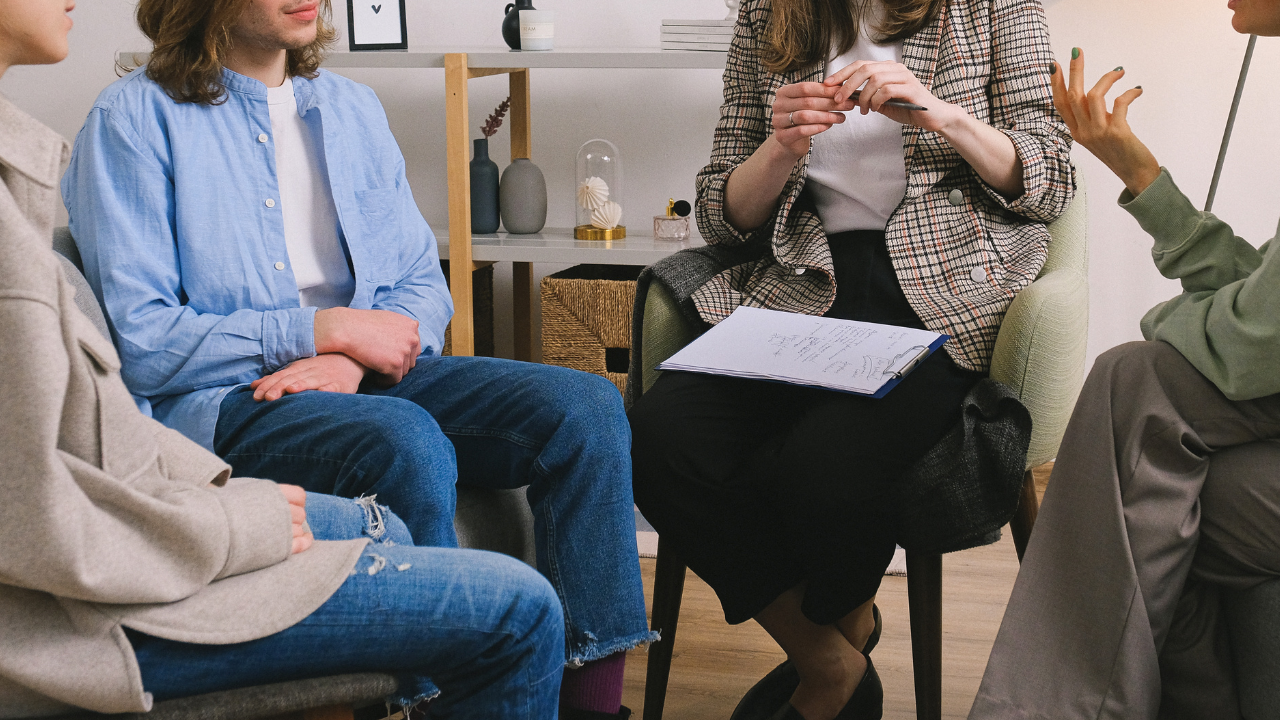
Comprehensive Assessment
All of our programs begin with a comprehensive pre-admission assessment with our medical director and one of our psychologists.
This enables us to coordinate with the medical team on the ground in Bali to confirm the best medical detox (if needed); the psychologist works with our program director to craft your unique program of core and flex modules.
Nutritious Meals
Nutritious meals are an important part of recovery. Our chef stocks your private villa with healthy breakfast foods, snacks and drinks and delivers lunch and dinner during the week.
We are able to accommodate dietary restrictions and preferences – just let us know.
Sober Companion Service and Peer Support
At The Lighthouse Bali, we believe in the inherent value of shared lived experiences – being around others who understand what you are going through because they have walked a similar path and can provide meaningful mentorship.
Our sober companion service, often a key part of our drug addiction program, provides comprehensive support and guidance.
You will be paired with someone who not only understands the unique and complex challenges of trauma and addiction but also cares deeply about your recovery.
This service is ideal for those who might be feeling anxious about an upcoming substance abuse detox withdrawal or for those needing additional support before and after inpatient addiction treatment.
Note: Each client stays in their own private villa during treatment, offering them the peace and privacy needed to fully focus on recovery and healing.


Bottom Line
By recognizing the link between trauma and drug abuse, individuals can begin exploring treatment programs that understand the importance of a holistic approach, which primarily involves treating both disorders, one right after the other.
Holistic programs that offer blended approaches to trauma and addiction recovery allow individuals to:
- Develop healthier coping strategies.
- Create a renewed sense of identity and self-worth.
- Develop the courage to confront trauma without becoming anxious or shutting down, both of which can lead to unhealthy coping patterns like substance use.
- Foster a healthy support network that extends beyond addiction treatment.
If you or someone you love is currently struggling with drug or alcohol abuse due to trauma or other emotional issues, remember this: Recovery is possible.
The unhealthy patterns developed due to trauma don’t have to drive your future – with the proper help and support, you can overcome drug addiction and go on to lead a healthy, joyous, substance-free life.
Our team at The Lighthouse Bali is here to walk you through every step of recovery and beyond.
Contact our professional team for further help and support today.
We are in this together.
